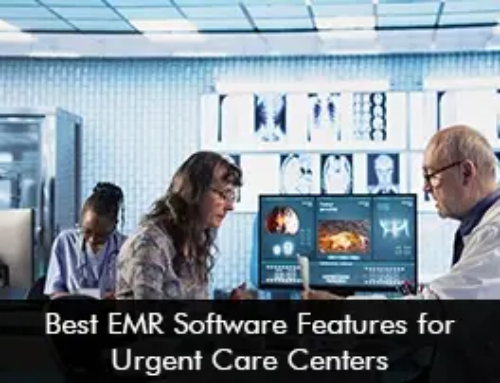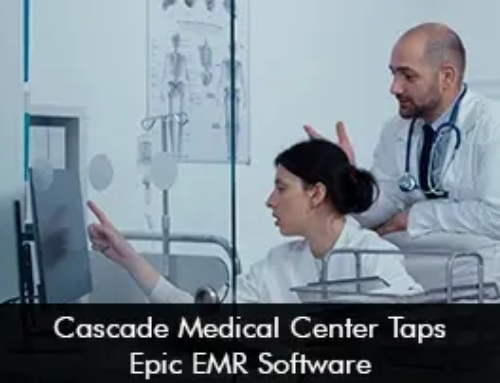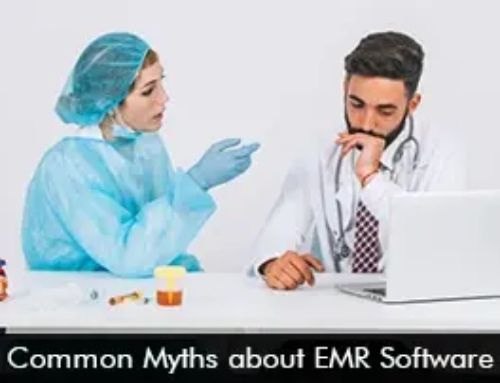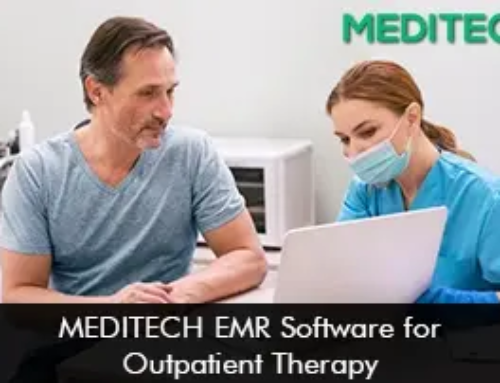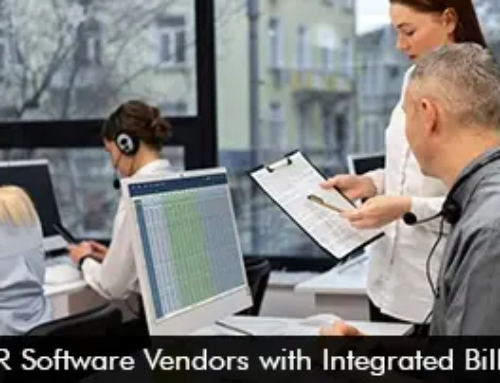The Mobile EHR Software market is growing rapidly in the United States. Mobile EMR Software systems provide great flexibility to providers to practice on the go, as they can view the entire system on their Android or iOS devices. The use of electronic medical records apps has resulted in a decrease in the total time physicians spend logging into workstations when they are working hence enhancing efficiency levels.
What are EMR Software Mobile Apps?
Electronic Health Records (EHR) Software mobile apps are programs created to give medical practitioners easy access to patient medical records and other clinical data through portable devices like smartphones and tablets. The effectiveness of healthcare delivery and patient care is increased by these apps’ ability to see, update, and manage patient information while on the go.
Physician Preference for EHR Usability on Mobile Phones
An announcement from Black Book Rankings revealed that primary care physicians and internal medicine physicians show a strong preference for Electronic Medical Records (EMR) usability on smartphones.
The following are other medical specialties that favor and use EMR software that includes mobile functionality:
- 98% of primary care providers
- 97% of internal medicine specialists
- 92% of office-based physicians
- 88% of rheumatologists
- 87% of nephrologists
The progress in cloud technology has established the building blocks for EHR Software mobile apps. Through these robust solutions, practitioners can document, and view patient notes without being tied to the hospital desk.
10 Common Characteristics of Highest-Ranked EHR Mobile Apps
User experience with EMR mobile apps has determined the 10 features that are present in a top-ranked mobile app and give the maximum benefit to healthcare providers.
- Review patient charts remotely.
- Easily update charts.
- Assign tasks.
- View schedules and upcoming patient appointments.
- Securely send messages to staff members.
- Lab orders and review results.
- e-Prescribing functionality.
- Patient encounter documentation.
- Input vital signs.
- Have access to EHR software data after work hours.
Importance of Integration in EMR Software Mobile Apps
For a smooth workflow, integration capabilities with other healthcare devices and systems, such as laboratory systems and radiology services, are essential for electronic health records software mobile apps. Seamless Integration enables EMR mobile apps to take data from multiple sources, such as test results, imaging, and past medical history, and consolidate it into a single, unified record. This holistic view of a patient’s health improves clinical decision-making.
Furthermore, integration improves operations by removing manual data entry and unnecessary tasks. Data can flow effortlessly between systems when EHR mobile apps link with other healthcare systems and devices, such as laboratory information systems or medical imaging equipment.



